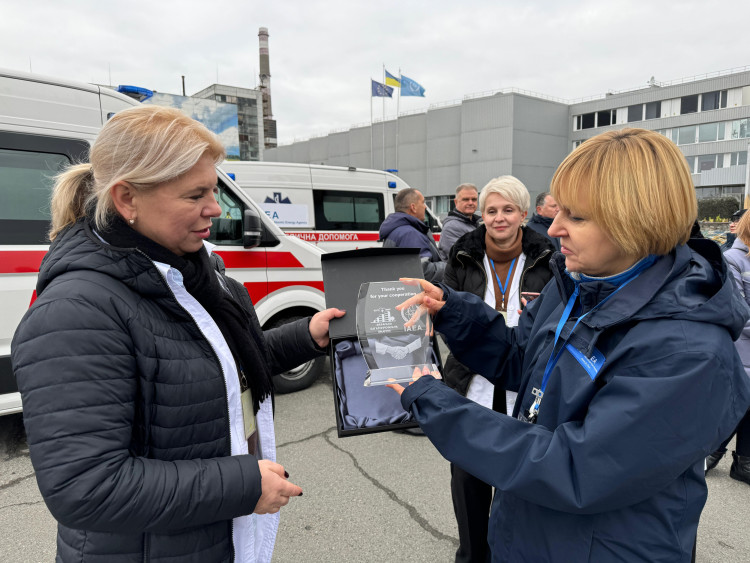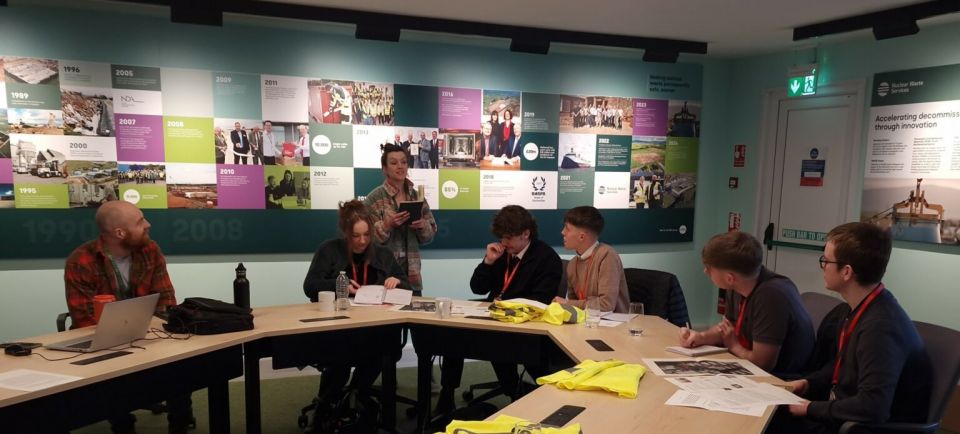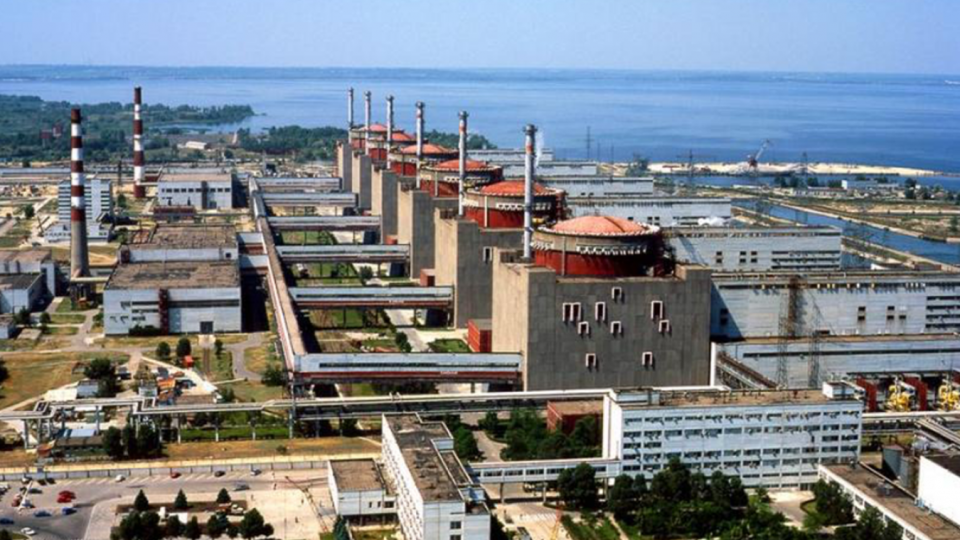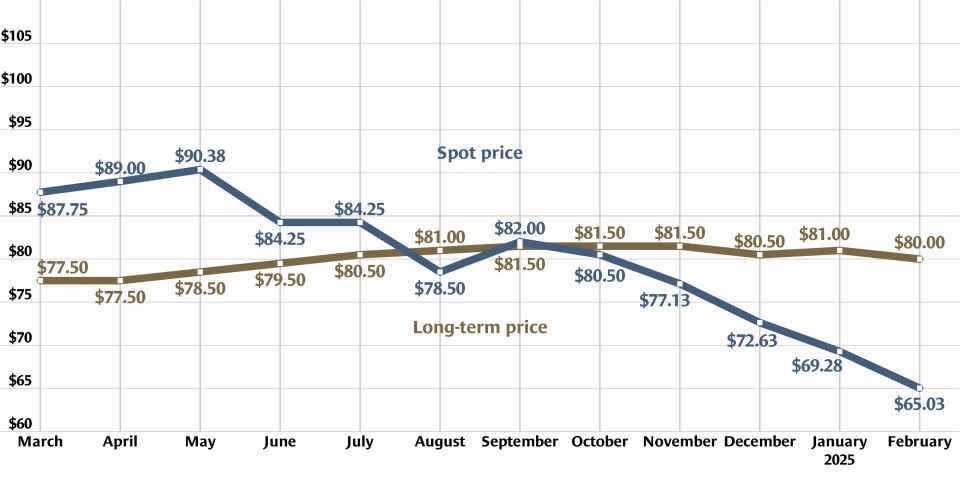One main goal of the project is to “put an end to Russia’s reign as the only commercial producer of HALEU and ensure other countries are not reliant on Russian exports,” according to the government press release. Many nations have been trying to find alternatives to Russian-sourced nuclear materials as federation president Vladmir Putin continues his military actions in Ukraine.
Quotable: “Building our own uranium enrichment plant is essential if we want to [pry] Putin’s blood-soaked hands off Europe’s energy market,” U.K. prime minister Rishi Sunak said. “Russia has been the sole provider of this powerful nuclear fuel for too long, and this marks the latest step in pushing him out of the energy market entirely.”
Tom Greatrex, chief executive of the Nuclear Industry Association, said, “This investment will enable the U.K. to fuel advanced reactors around the world, building on our existing capabilities to strengthen energy security for our allies while reducing their reliance on Russia.”
“The responsibility the nuclear industry has to help governments and customers achieve climate change and energy security goals is clear,” said Boris Schuct, Urenco’s CEO. “[We] have the knowledge and experience to play a leading role in the production of HALEU and other advanced fuels, operating securely under intergovernmental treaties to ensure the peaceful use and safeguarding of nuclear technology.”
The project: Urenco plans to boost British energy security and provide reliable, affordable energy. In the two years since Russia invaded Ukraine, Britain has cracked down on Russian oil and gas imports and wants to become entirely independent from the aggressor nation’s energy supplies.
The new HALEU facility is expected to create 400 highly skilled jobs, helping to boost the local supply chain and grow the economy. This builds on the prime minister’s “national endeavor” to secure the future of the U.K. nuclear industry—with the nation investing at least $955 million (£763 million) in skills, jobs, and education.
“We stood up to Putin on oil and gas, and we won’t let him hold us to ransom on nuclear fuel,” said Claire Coutinho, U.K. secretary of state for energy security and net zero.
Britain’s first advanced reactors are expected to come on line in the early 2030s. This technology is considered crucial to helping meet goals of quadrupling the nation’s nuclear capacity by 2050—the biggest expansion in 70 years.








